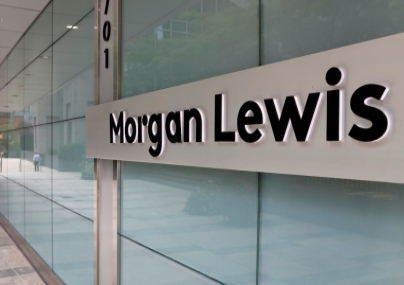By Sui-Lee Wee
China is considering suing people suspected of committing economic crimes who have fled to the United States and elsewhere with billions of dollars, an unusual step in a widening anti-graft campaign, a senior official said on Nov. 26.
The move, part of Chinese President Xi Jinping's anti-corruption drive, underscores the challenges China faces in seeking the return of so-called economic fugitives.
Xu Hong, director general of the Foreign Ministry's Department of Treaty and Law, said China tried to persuade the United States to sign an extradition treaty but Washington said it was "not ready".
"So in this case, we can only think of other alternative methods," Xu told a news conference. "One way is to repatriate the relevant suspects through the mechanism of illegal immigration, the other way is to prosecute them in the United States, so the suspects can be tried under U.S. law."
The Washington-based Global Financial Integrity Group, which analyses illicit financial flows, estimates that $1.08 trillion left China illegally from 2002 to 2011.
China said earlier this month it had captured 288 fugitives suspected of committing economic crimes in its campaign called "Operation Fox Hunt."
Xu said some judges in Western countries, such as the United States and Canada, harboured "prejudice" about China's legal system and were reluctant to return officials and executives suspected of corruption.
Western governments have baulked at setting up extradition deals with China because human rights groups say torture is often used by Chinese legal authorities, and capital punishment is widely used in corruption cases.
China has extradition treaties with 39 countries but not the United States or Canada - among the two most popular destinations for suspected economic fugitives, according to Xu.
Xu said the legal process for the repatriation of such people from the United States, Canada and elsewhere is "cumbersome and lengthy."
"So long as the person who has been asked to be repatriated can afford it, he or she can engage in endless litigation and repeated appeals," he said.
The government would not make agreements with corrupt suspects for their return to China, Xu said, although they would face lighter punishments in exchange for their surrender.
"China's judiciary and law enforcement agencies will not do business with these fugitives," Xu said. "We will work within the scope of the law."


